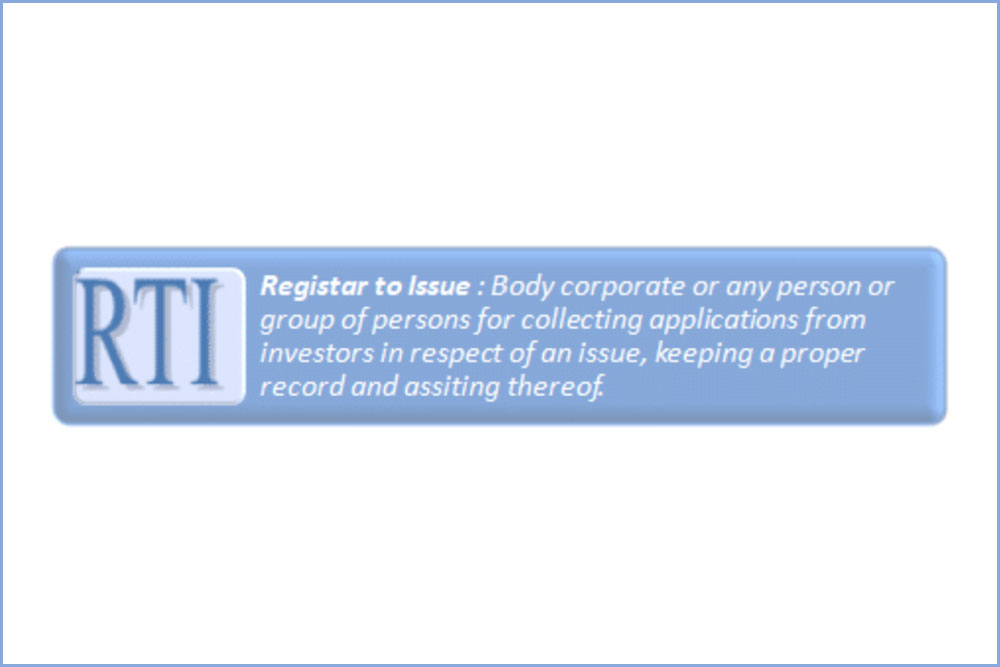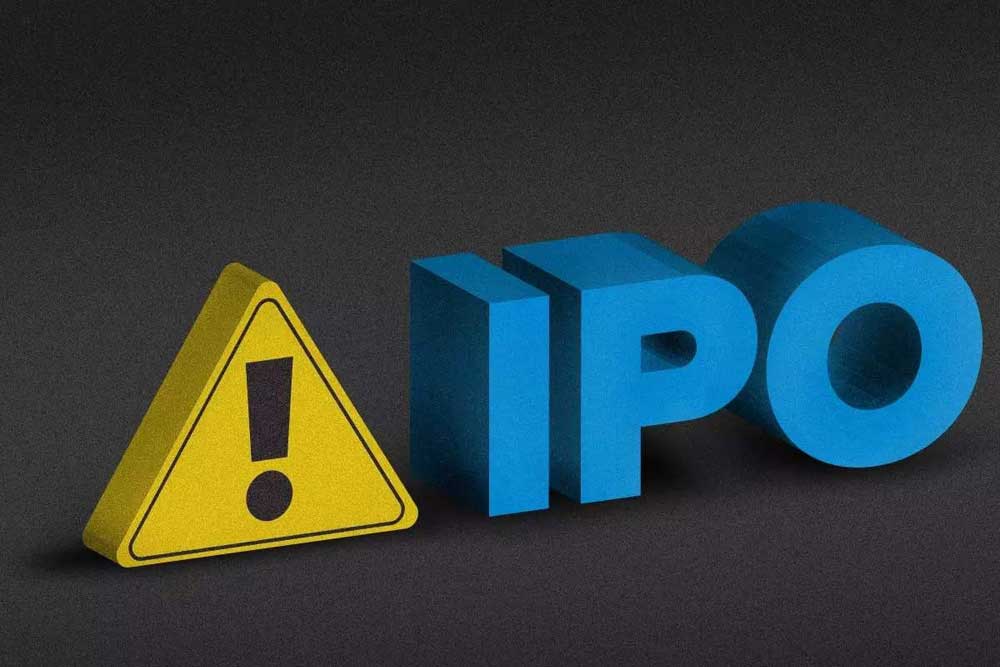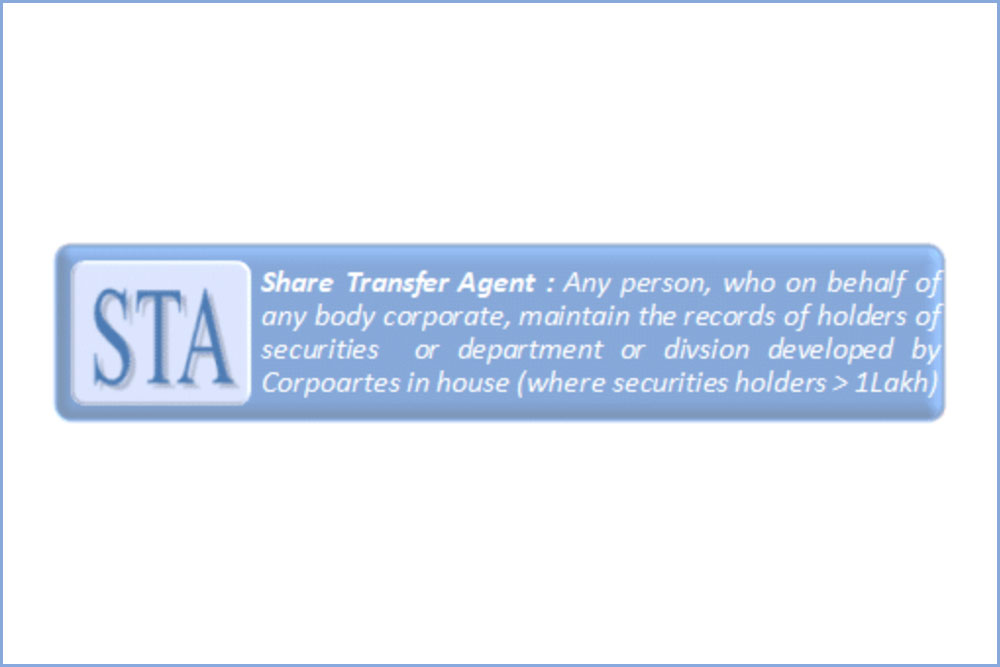Controlled Failure
I. A Strategic Masterstroke in Equity Financing In the ever-evolving sphere of financial markets, every so often, there emerges a pioneering concept that disrupts traditional thinking and revolutionizes the art of deal-making. One such avant-garde notion is that of “Controlled Failure” – a brainchild of mine. This strategy daringly veers off the beaten path of … Read more










